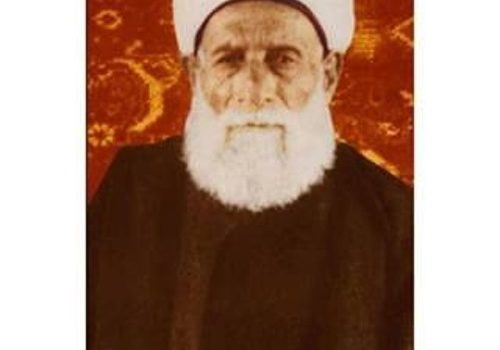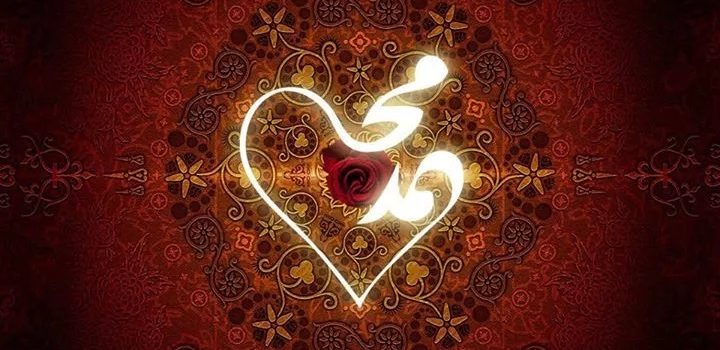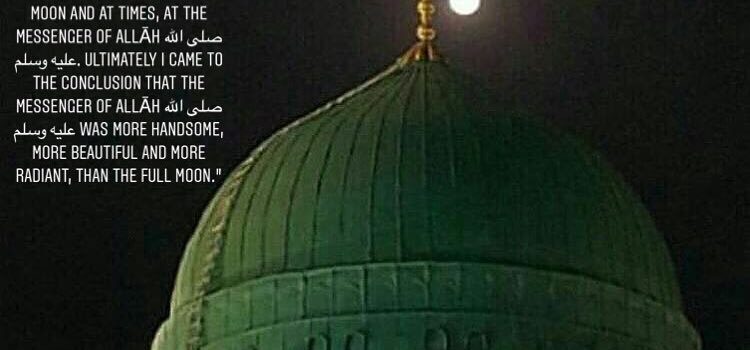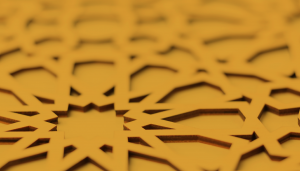√ Scientific Checked
17 Proven Health Benefits of Zamzam Water
Water is arguably one of the most important aspects of human life. According to a study, 70% of the human body comprises of water. That means, our body will need a significant amount of water to keep our body well-hydrated. Unlike other sources of water, zam-zam water is sourced from a well in Mecca that is considered holy by the Muslims. There are a lot of health benefits that this zam-zam water bring to our body. The zam-zamwell is located in Mecca, the heart of Islam as a civilization. The well is 35 meters deep and the top is decorated with a beautiful dome as a sign of respect.
Zamzam water is traditionally and medically beneficial for everyone. Traditionally, this water has a high historical value, especially for Muslims who believe in the Islamic religion. Besides that, from a medical point of view, zam-zamwater is believed to have unique substances that differ itself from other source of water. Some of the health benefits of zam-zam water are :
- Zamzam Water Contain Anti-Bacteria Substance
From a rigorous study of water sampling in Europe and Saudi Arabia, it concludes that zam-zam water has fluoride substance that has ability to eliminate germs and bacteria, similar like the ones we find in conventional medicine.
- High Concentration of Calcium
One of the substances that differ zamzam water from other water sources are the fact that it has high quantity of calcium. Calcium substance will help to cure fatigue and good for those who are just recovering from a long illness.
- Zamzam Water Cures Ilness
As believed in the Islam religion, zam-zamwater is a blessed water so it has the ability to cure illness. From medical perspective, due to its mineral substances that are significantly different from other water sources. By drinking zam-zamwater, it is believed that it may cure illness. This ability to cure illness is due to the fact that zam-zamwater has high concentration of calcium, magnesium and other beneficial minerals.
- Unique Crystal Structure
From a well-known study of Dr. Masaru Emoto from University of Yokohama, it is discovered that every molecule crystal of water differs based on its water source. When conducting the study, Dr. Masaru Emoto found that zam-zamwater has a very unique molecule structures compared to other waters. Zamzam molecule structure’s are very tidy, shiny and has 12 different mesmerizing colors.
- Strengthen Human Cells
According to an intensive study of a German scientist in Munich, he proved that zamzam water has successfully strengthened the human cells within the human body system.
- Zamzam Helps Diet
It is a well-known fact that zamzam water helps in weight loss diet. Zamzam water has known to reduce the impact of hunger, hence reducing appetite to eat which lead to a successful diet.
- Increase Fitness
Regular intake of zamzam water will help to fulfill the body needs of nutrition, which will help in maintaining and increasing one’s fitness.
- Maintains Clear Vision
Applying zamzam over one’s eyes also help to achieve a better and clearer vision of the eyesight. To wash your eyes with zamzam water will help to reduce the impact of many eye disorders. However, one must proceed with caution when practicing this. It is best to find the zamzam water practitioner within your area. There are a lot of them flourishing lately.
- Abundant With Minerals
As zamzam water is sourced from a centuries-old well, zamzam water is abundant with various minerals. Most of those minerals contained in zamzam is germicidal (kills germs and bacteria). These facts has been acknowledged by many health experts.
- Contain Positive Energy
Zamzam is comprised of different elements when compared to other water. It may looks similar, but the substances that comprise zamzam water is significantly different from other sources of water. The ingredients of zamzam water helps to heal and make one feel rejuvenated.
- Free From Contamination
Zamzam is a holy water that has been flowing since 4000 years ago. Unlike other sources of water where most of them are contaminated, zamzam water is pure as studied by Doctor Koshak, a renowned expert on zamzam and other mineral water. Koshak’s studies prove that zamzam is free from any kind of contaminants.
- Helps To Maintain Clean Body
Water comprise for more than 70% of our body, that means water plays an important role in keeping our health. Zamzam water helps to maintain our body and other organs within our body system clean. The minerals contained in zamzam water helps in maintaining a clean and healthy body.
- Rejuvenating Drink
One of the benefits of zamzam water is in its rejuvenating nature. It helps to relieve thirst and hunger. According to a Muslim scientist, Abu Dharr, he noted that when he first drank zamzam water not only it relieve its thirst but also it somehow satisfy his hunger. From then on, water fasting is considered as a healthy diet.
- Increase Stamina
Zamzam water with its abundant mineral contained, also helps in increase stamina. A famous Saudi Arabian runner, Abu Jahal, is famous for drinking zamzam water prior to marathon. It has somehow helped him in achieving a successful run and an enhanced stamina for the length of the marathon race.
- Completes Your Body
72% of our body is comprised of water. Zamzam water helps you to complete your body by staying hydrated. By staying hydrated with a water that contains a lot of beneficial minerals, not only your body will be refreshed but it also will feel rejuvenated and grow stronger as the body will consume the minerals contained in zamzam water easily and process it with ease as our body are familiar with the minerals contained in zamzam water.
- Zamzam Cures Headache
It is a traditional treatment popular in Saudi Arabia and several other arab countries to drink zamzam water instead of aspirin whenever one is feeling a bit dizzy or headache. It is more effective than taking an aspiring or headache pill. Not only it cures headache, zamzam also will help you to feel healthier and rejuvenated all at once.
- Helps To Grow Healthier Bone
Due to its abundant of calcium substance in zamzam water, it brings good effect on human body, especially bones as the mineral in zamzam water will be well-absorbed by the bones in our body.
Zamzam water has been drunk by millions if not billions of people who travelled to hajj pilgrimage and other people who get the chance to drink it. Billions people have experienced the greatness and the health benefits of zamzam water, these facts are truly magnificent and hard to imagine that one simple water from a centuries-old well in Mecca have so many health benefits for the humanity and the society.
Zamzam water brings so many health benefits for our body, and it helps to quench thirst and satisfy hunger altogether. Not only that, it also helps to cure chronic illness such as diabetes, eyes-related disorder, crimson ulcer, headache and the list goes on. This is due to the fact that zamzam water has so many minerals that are needed by the body that we could not get from other sources. Other water sources do not have as many minerals as zamzam water contains, hence zamzam water brings so many health benefits for the body.
How to Get Its Benefits
To enjoy the health benefits of zamzam water, you should drink more zamzam water more often. Regular intake of zamzam water will make the results more apparent compared to an occasional drink of zamzam water. Regular intake will also help to maintain your body fitness and increase stamina. Not only that, if you have any illness or you are sick, zamzam water will help you to recover and cure your illness. Zamzam water is indeed beneficial for our health, as has been concluded by several well-known scientists from all over the world.
There are billions of people who have enjoyed and experienced the health benefits of zamzam water, why don’t you try this zamzam water treatment and enjoy the benefits for yourself? After all, if one water can bring so many benefits for you, wouldn’t you like to try it for yourself? And don’t forget, our body comprise of 70% of water, it only makes sense that we treat water as the utmost importance in our daily life, especially water with these many benefits, we could not ignore the facts that zamzam water gives so much into our life. For a healthier life, better life and a happy life, we should drink more zamzam water regularly as it will enhance the quality of one’s life and also will bring happiness to life that we lead.







